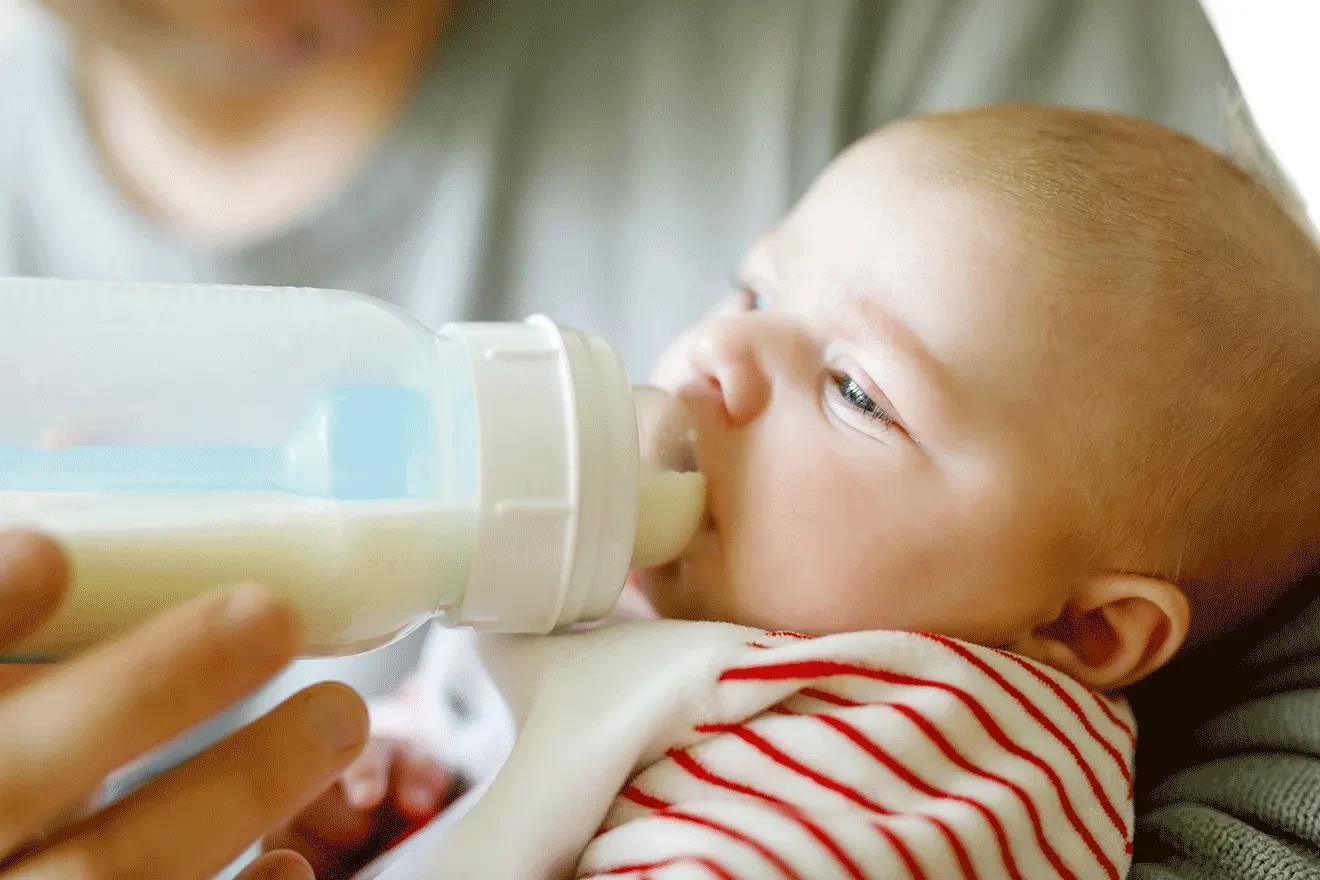Due to maintenance, rewards points for receipt uploads will be delayed. Thank you for your patience!

Spit-up is typical in healthy babies, but sometimes it could indicate an issue.
Healthy babies often spit up several times a day. While their still-developing digestive system is usually to blame, there are also other potential triggers. Let’s explore indications that your baby may be spitting up too much, which could point to a health issue.
Because newborns are so tiny, the volume of the spit-up can appear greater than it is. But if your baby starts spitting up a lot more than usual or is experiencing the following along with the spit-up, reach out to your pediatrician. These issues could indicate a potential food allergy, sensitivity, or other health concern.
Yes. Spit-up—also called reflux—is common in babies, often peaking around three to four months. Many healthy babies spit up one or two mouthfuls of milk or infant formula during or after feeding or burping. Seeing your baby spit up can be concerning, but babies are often “happy spitters” and pretty unfazed by the watery contents running out of their mouths and noses.
If your baby is spitting up, it may simply mean their digestive function is still developing and needs some more time to catch up to your little one’s big appetite. Other factors that could aggravate the issue include:
As long as your baby is gaining weight and doesn’t appear to be in discomfort, spit-up generally won’t affect their growth or development. Those dribbles are most likely the typical reflux that’s expected at the newborn stage. The good news is that the baby spitting phase often subsides around 12 months.

Some babies spit up a couple of times a day; others are more frequent spitters, experiencing reflux after practically every feeding. While all little ones are different, it’s common for newborns to spit up at least once a day and sometimes a lot more. Keep those burp cloths within easy reach!
Around six months, as your baby starts to sit upright and eat solid foods, spit-up sessions tend to be less frequent. The reflux often ends or greatly diminishes by 12 months
While spit-up is a normal part of baby development, if your little one is spitting up profusely or you have any questions or concerns, call your pediatrician. If you’re using infant formula, consider asking your doctor about switching to one designed to help ease spit-up issues. Enfamil A.R. formula is specially formulated with added rice starch for a thicker consistency to reduce reflux and spit-up by over 50%* in one week.
Spit-up can be concerning for parents, but in most cases, it’s nothing to be overly worried about. While you’re waiting to talk with your doctor about your little one’s tummy troubles, be sure to join Enfamil Family Beginnings to earn rewards on Enfamil purchases and get discounts, free baby formula samples, and baby freebies! You’ll also get custom baby content and tips delivered to your email.
*Based on a clinical study of Enfamil A.R. infant formula before the addition of DHA, ARA, and prebiotics with infants who spit up frequently (5 or more spit-ups per day), comparing frequency and volume of spit-up after feeding Enfamil A.R. to the same babies at the beginning of the study.
All information on Enfamil, including but not limited to information about health, medical conditions, and nutrition, is intended for your general knowledge and is not a substitute for a healthcare professional's medical identification, advice, or management for specific medical conditions. You should seek medical care and consult your doctor or pediatrician for any specific health or nutrition issues. Never disregard professional medical advice or delay seeking medical treatment, care, or help because of information you have read on Enfamil.